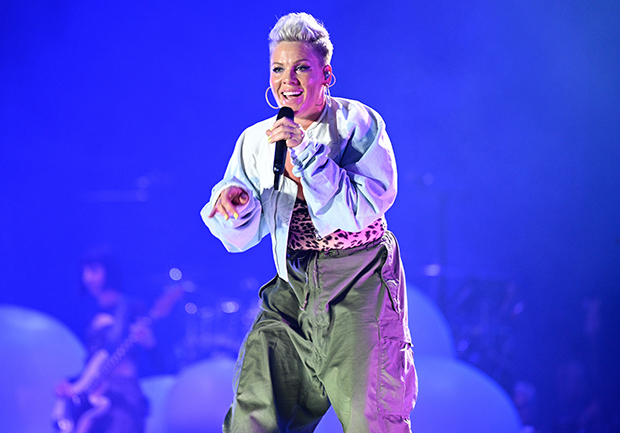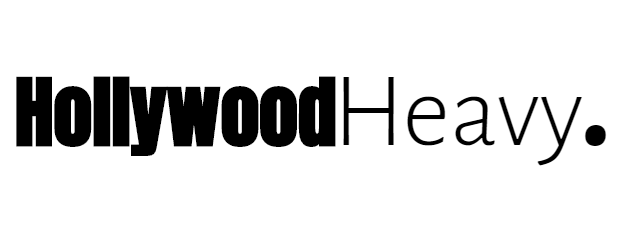Pink Declares ‘Girls Just Wanna Have Rights’ On New Song Following ‘Roe’s Overturning
Share
“The kids are not alright / None of us are right / I’m tired, but I won’t sleep tonight / ‘Cause I still feel alive,” Pink sings in the chorus of her new song, “Irrelevant.” The protest song, released Thursday (July 14), sees Pink adopt a defiant tone in the wake of the recent attacks on civil rights. “You can call me irrelevant, insignificant,” she sings on the track. “You can try to make me small / I’ll be your heretic, you f-ckin’ hypocrite / I won’t think of you at all.” Towards the end of the track, Pink rails against the conservative majority on the Supreme Court and their decision to overturn Roe V. Wade. “Girls just wanna have rights / So, why do we have to fight?” she sings in what will be a chant at the next Women’s March.
During the song, Pink takes aim at those who would hide their actions behind Christianity by asking, “Does Jesus love the ignorant?” She then suggests that if Jesus saw Pink and the rest of the people protesting for their rights, “he’d gladly take us all.” She also seemingly mocks those who will stay “indifferent” to the current attacks. “I stay under covers now / I’m afraid to go out / I’ll wait for tornadoes / To come take me out.”

“As a woman with an opinion and the fearlessness to voice that opinion, it gets very tiring when the only retort is to tell me how irrelevant I am,” Pink said in a statement accompanying the song’s release. “I am relevant because I exist, and because I am a human being. No one is irrelevant. And no one can take away my voice.”
“Irrelevant” marks Pink’s first collaboration with Grammy Award-winning producer and songwriter Ian Fitchuk. Pink has also said that her proceeds from “Irrelevant,” released through RCA Records, will go to the When We All Vote, the national, nonpartisan voting initiative created by Michelle Obama. According to the press release, When We All Vote is an advocacy group whose mission is to change the culture around the voting process by seeking to increase participation in each election cycle by helping to close race and age gaps. More than 100 million people have been educated about the voting process, resulting in increased voter registration.





